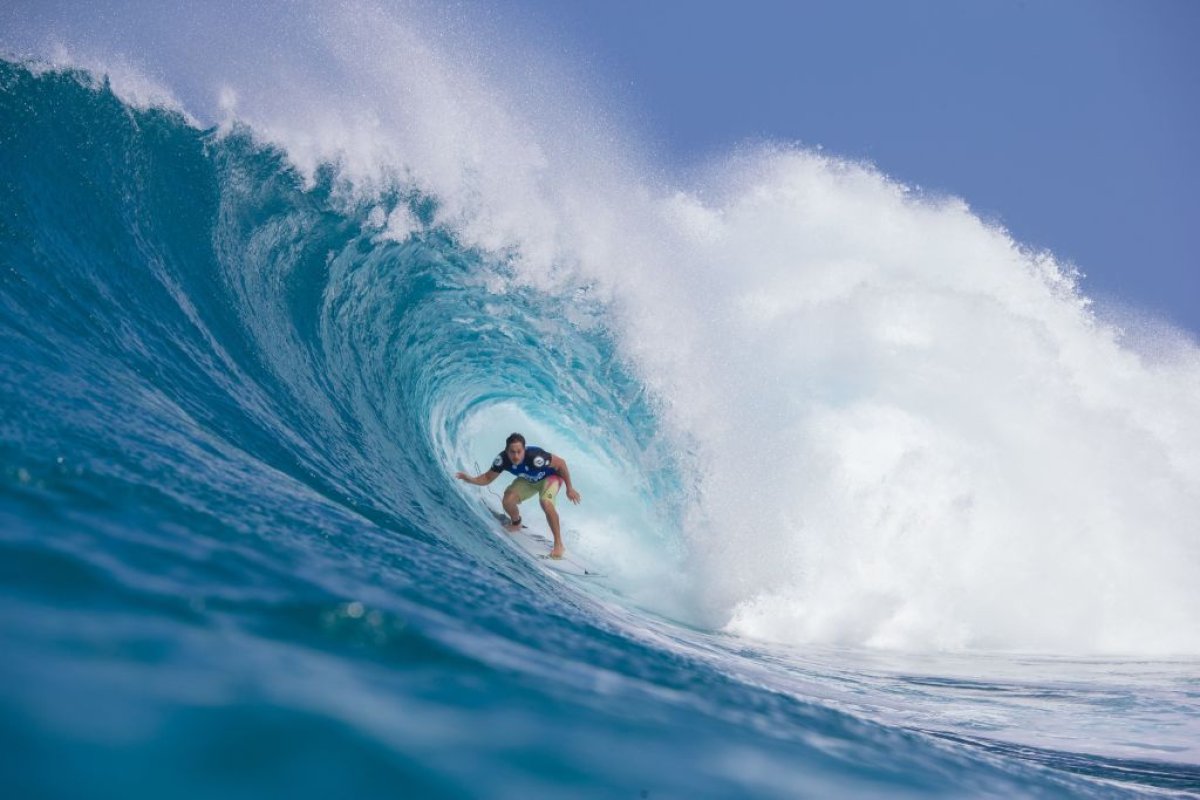Antibiotic-resistant bacteria may have a new ally in their quest to infect humanity: surfers swallowing seawater.
In a study published Sunday in the journal Environment International, researchers analyzed samples of seawater off the coasts of England and Wales. They then surveyed 143 surfers and 130 non-surfing beachgoers in this area. They discovered that the surfers were three times as likely to have antibiotic-resistant E. coli in their stool than non-surfers. Of the survey group, 13 surfers (9%) and four non-surfers (3%) harbored Antibiotic-Resistant Bacteria, or ARB.
Researchers believe that surfers are more at risk of acquiring ARB in affected waters because they swallow so much water while surfing.

Antibiotic-resistance comes from overuse of antibiotics. Cefotaxime is a drug of choice used to treat bacterial infections like E. Coli, but some E. Coli evolved a gene that makes them resistant to the drug. When Cefotaxime kills off most of a bacterial infection, but some resistant bacteria survives, that bacteria has an opportunity to proliferate.
The World Health Organization calls antibiotic resistance "one of the biggest threats to global health, food security, and development today."
When antibiotics are fed to livestock and farmers use their manure to fertilize crops, the antibiotics in their system can give rise to ARB. When those crops are watered, runoff from the fields sometimes make it into bodies of water. When people swim in that water or swallow it, they are prone to infection.
The researchers noted that surfers tend to be fit and healthy and are unlikely to get severely sick from the bacteria. But their infections can still have significant consequences. They could spread the bacteria to anyone they interact with, including the elderly and people with compromised immune systems.
Anne Leonard, a research fellow at the University of Exeter and one of the authors of the study, said in a press release that "there is increasing focus on how resistance can be spread through our natural environments."
"This research is the first of its kind to identify an association between surfing and gut colonisation by antibiotic resistant bacteria," Leonard said.
Activities that increase the spread of antibiotic-resistant bacteria could mean a public health nightmare. In fact, England's chief medical officer warns of a "post-antibiotic apocalypse" if the issue of resistance is not solved.
Uncommon Knowledge
Newsweek is committed to challenging conventional wisdom and finding connections in the search for common ground.
Newsweek is committed to challenging conventional wisdom and finding connections in the search for common ground.
About the writer
Kristin is a science journalist in New York who has lived in DC, Boston, LA, and the SF Bay Area. ... Read more
To read how Newsweek uses AI as a newsroom tool, Click here.








